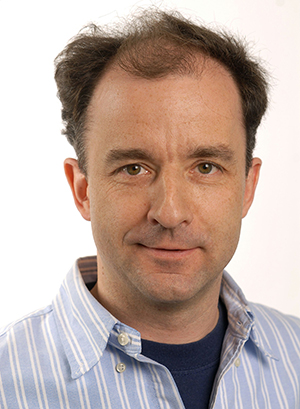 How has the unprecedented number of refugees in Germany influenced its domestic politics? How has the intake of more than 1 million refugees in 2015 influenced Germany’s relationships with its neighbors in the European Union? And how can the humanities help illuminate the challenges of contemporary migration?
How has the unprecedented number of refugees in Germany influenced its domestic politics? How has the intake of more than 1 million refugees in 2015 influenced Germany’s relationships with its neighbors in the European Union? And how can the humanities help illuminate the challenges of contemporary migration?
A new speaker series organized by the Department of Germanic Languages and Literature will address these questions. The first speaker will be Moritz Schuller, political editor of the Berlin-based newspaper Der Tagesspiegel. His lecture: “Germany and the Refugees,” will be at 6 p.m. Wednesday, Oct. 26, in 103 Carr.
“Schuller is a great candidate for the series because he covers German and European political development in Berlin, a focal point for a lot of the immigration challenges, and will be able to speak adequately about the German response to the refugee crisis,” said Jakob Norberg, assistant professor of Germanic languages and literature, who is organizing the series.
Norberg said Schuller will also discuss how Germany’s intake of over 1 million refugees in 2015 might have contributed to the United Kingdom’s recent departure from the EU.
“Immigration is an important and controversial topic on both sides of the Atlantic. It is affecting and shaping political debates and elections in Germany, the U.S., and other European countries. It’s an immensely significant issue of our time,” Norberg said.
The series will focus primarily on how immigration is being handled by Germany but should be of broader interest as well.
“It is a chance for those who are interested in U.S. politics to acquire a sense of how the debate surrounding immigration is being handled in Europe,” he said.
The Duke German Humanities & Migration Series will extend through the spring semester. The next speaker will be European immigration historian Rita Chin, from the University of Michigan.
The series is funded by Humanities Futures, an initiative of Duke’s Franklin Humanities Institute.